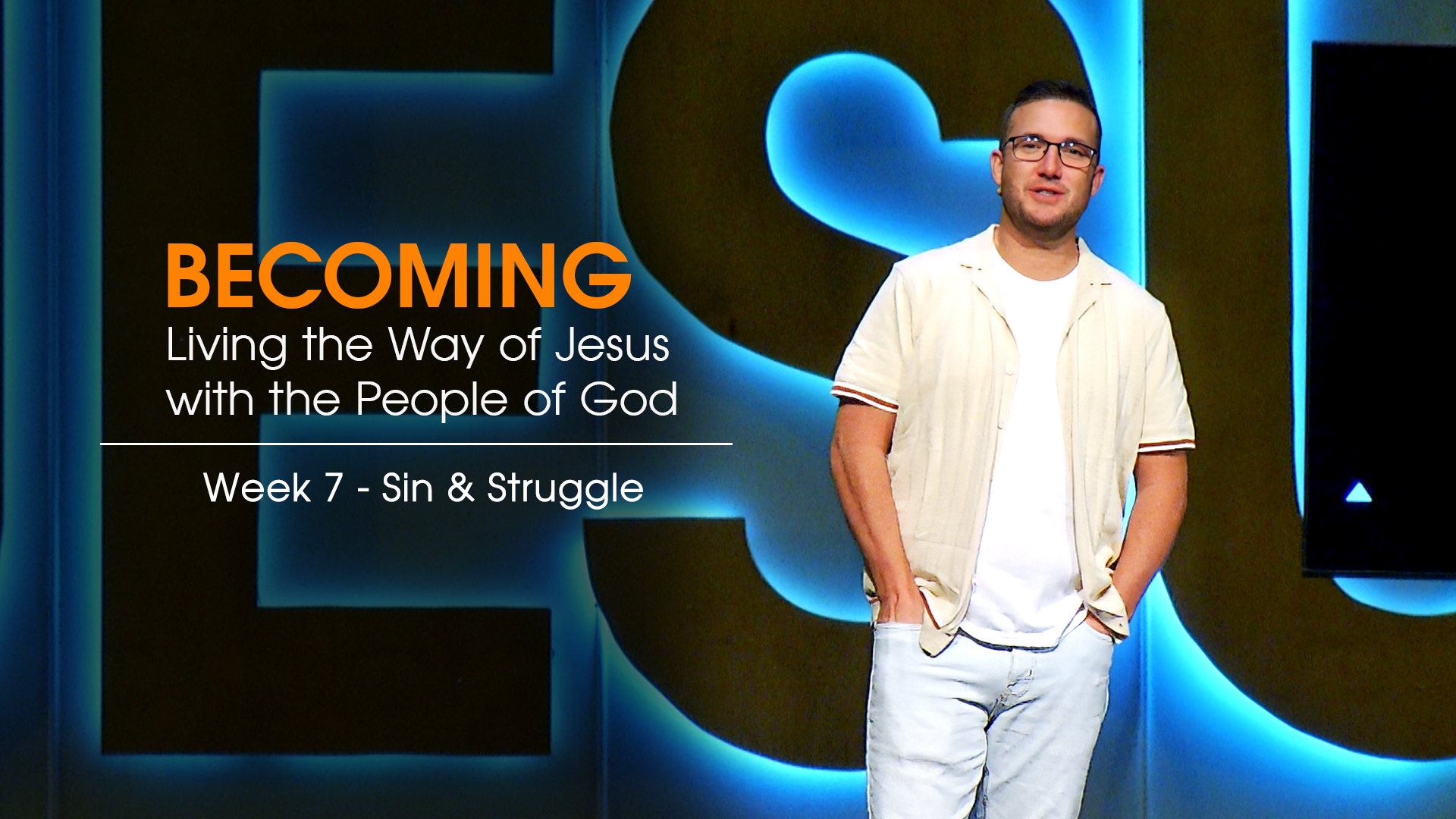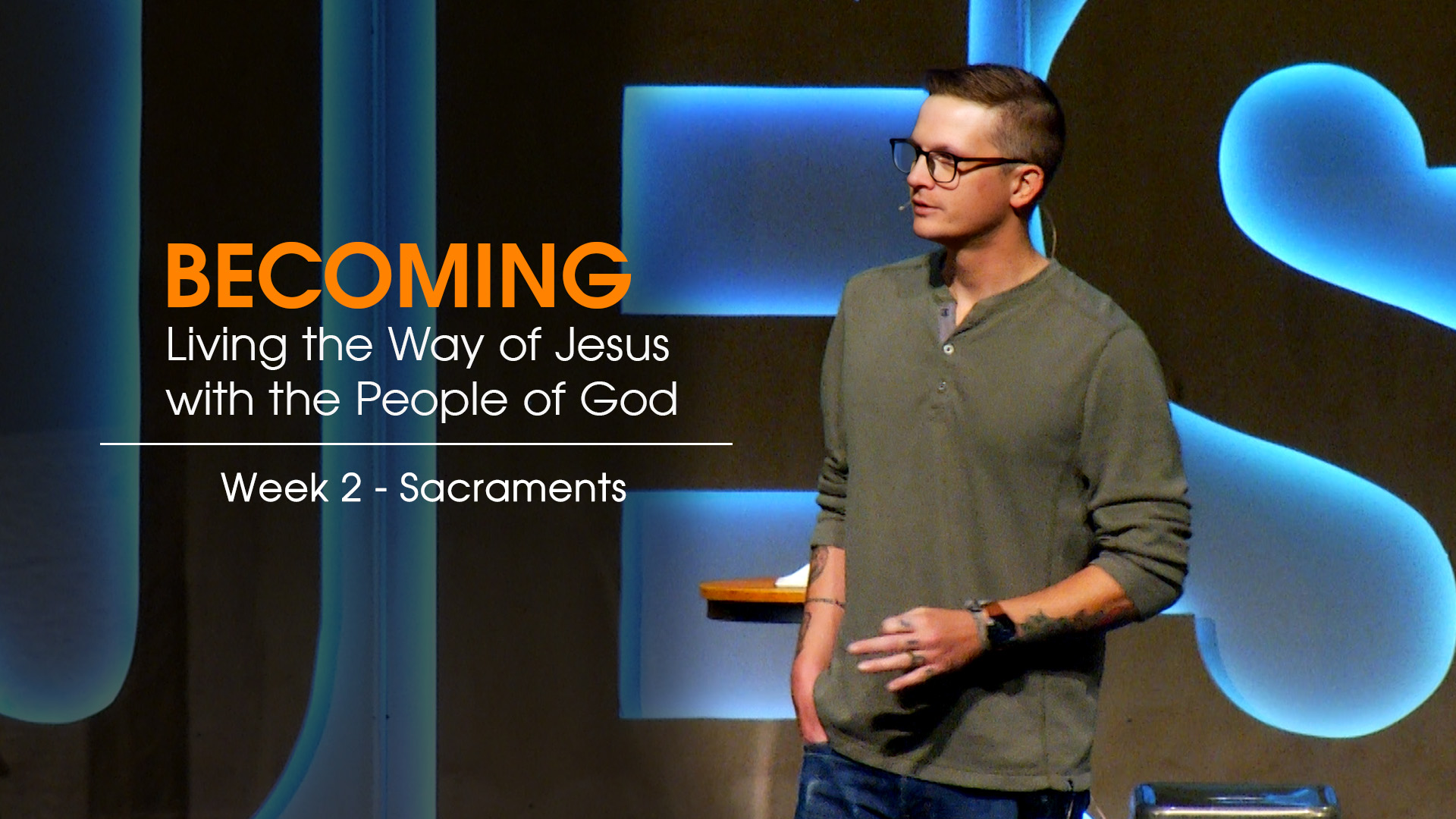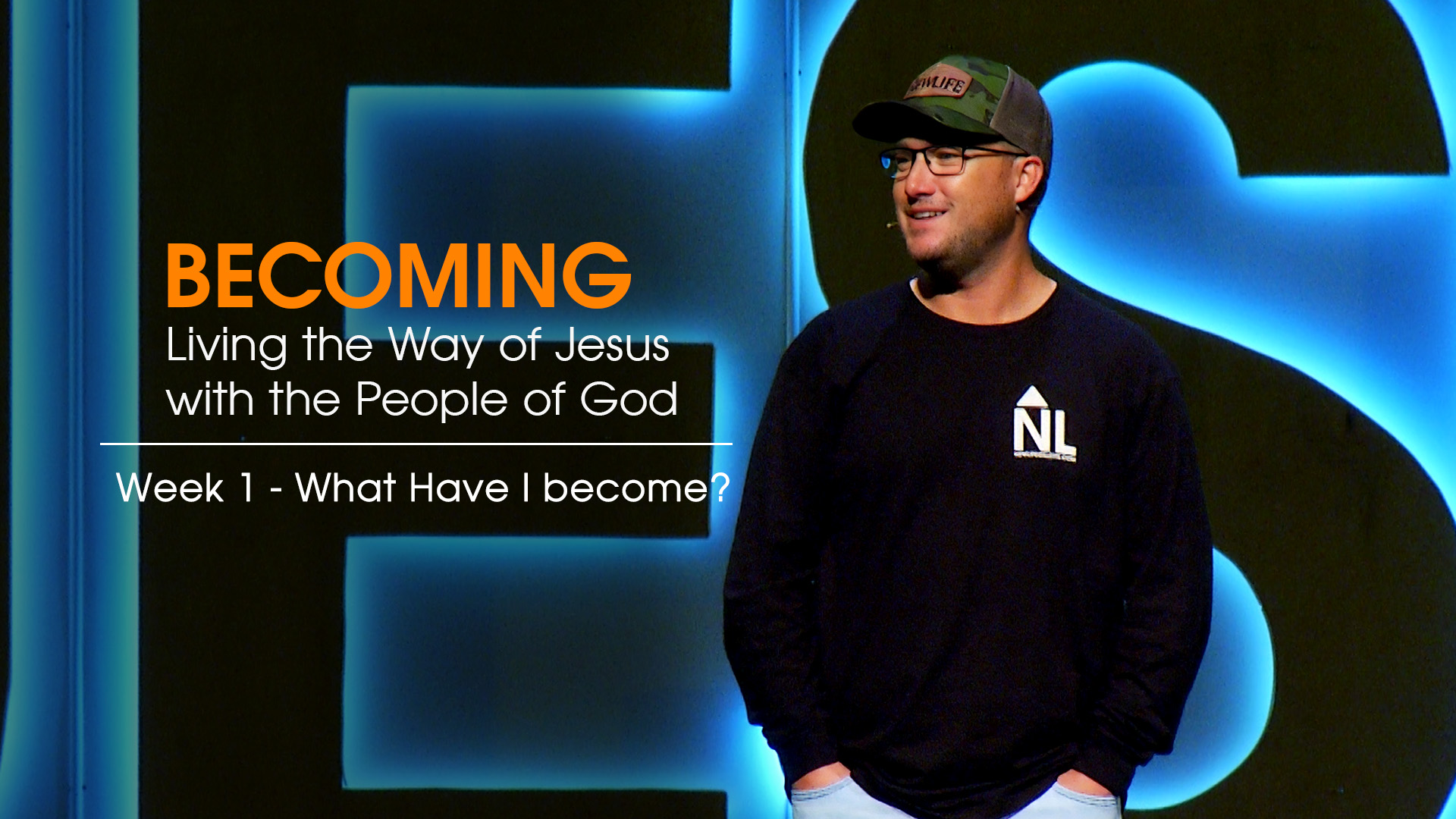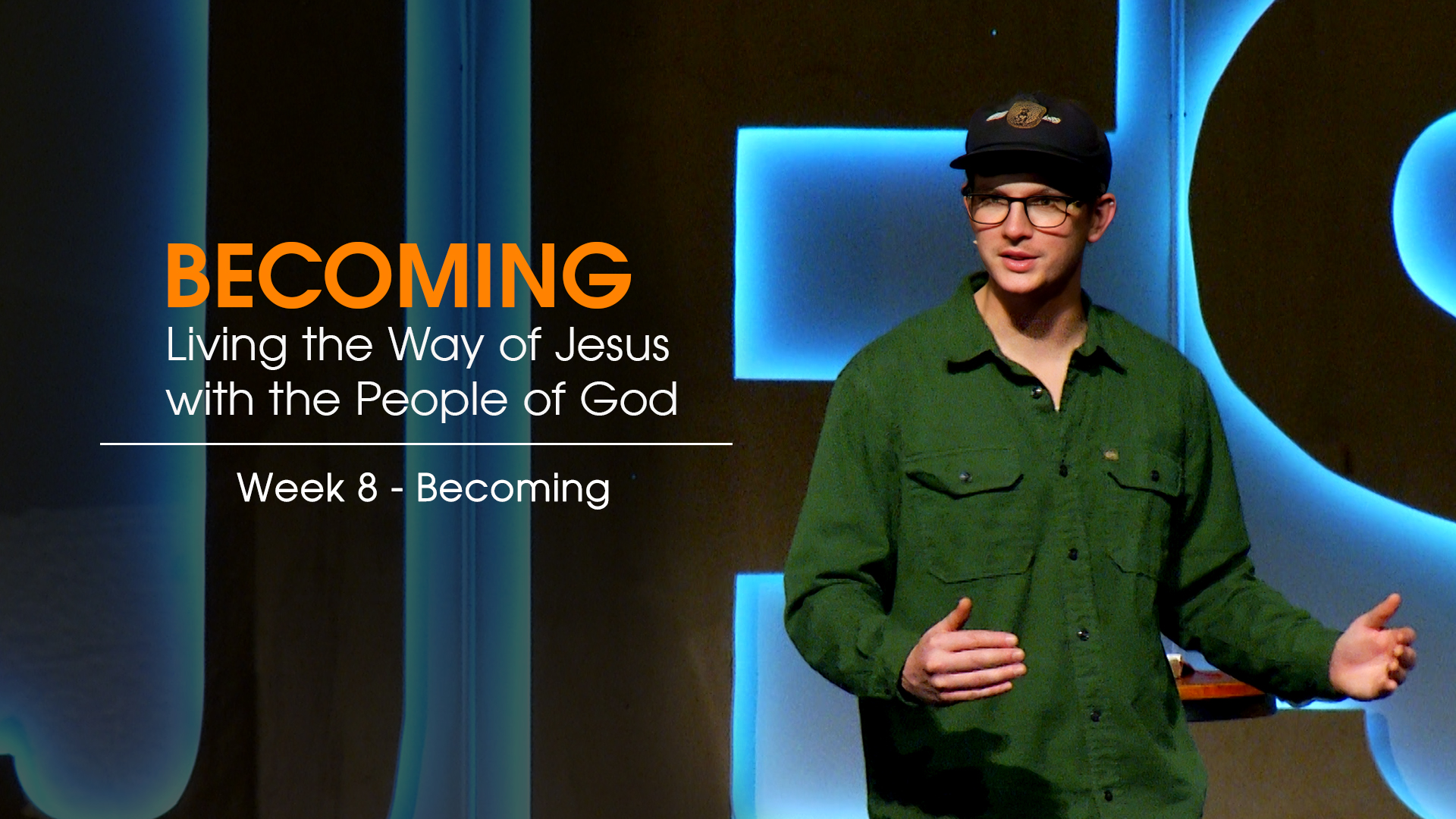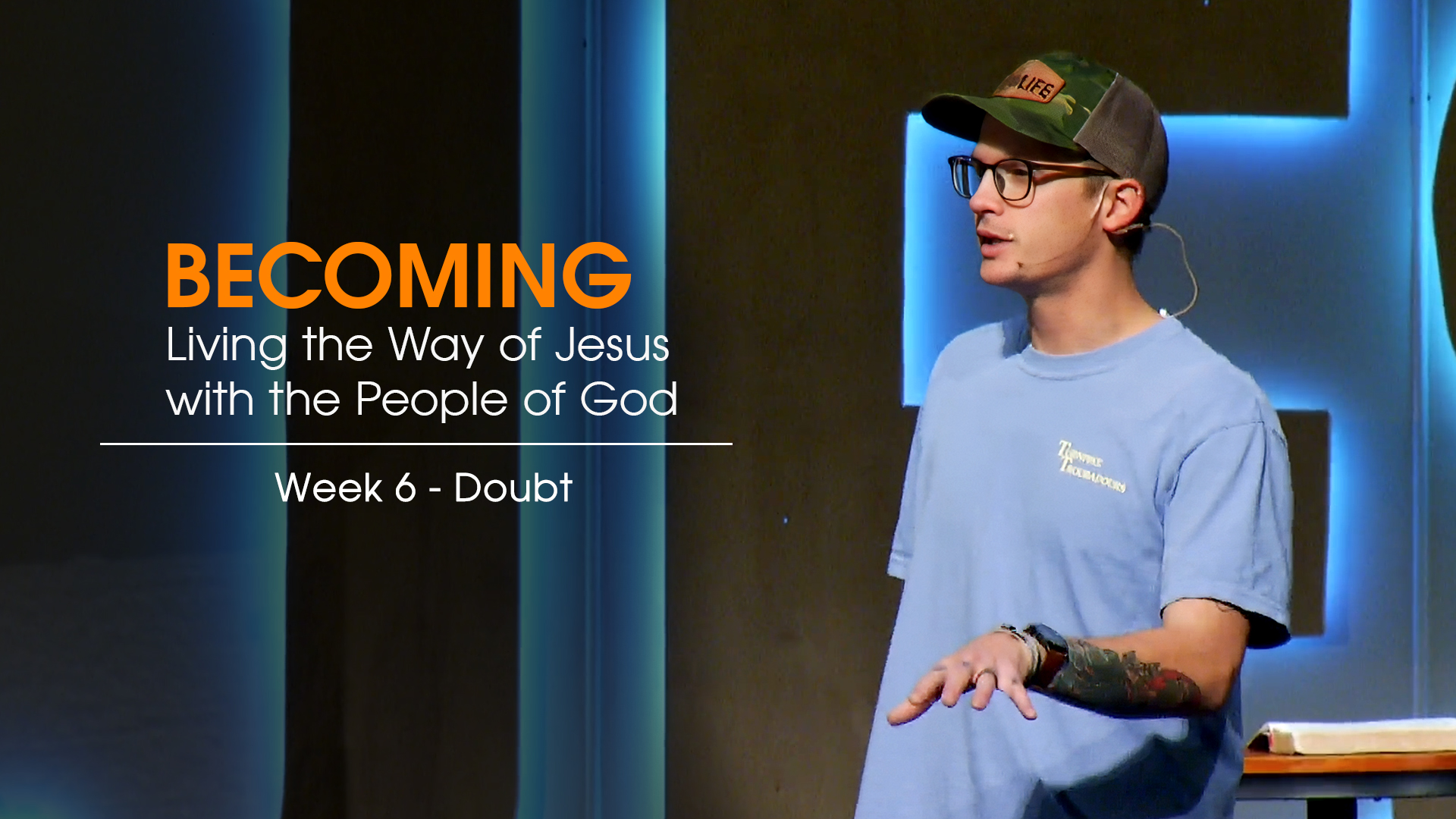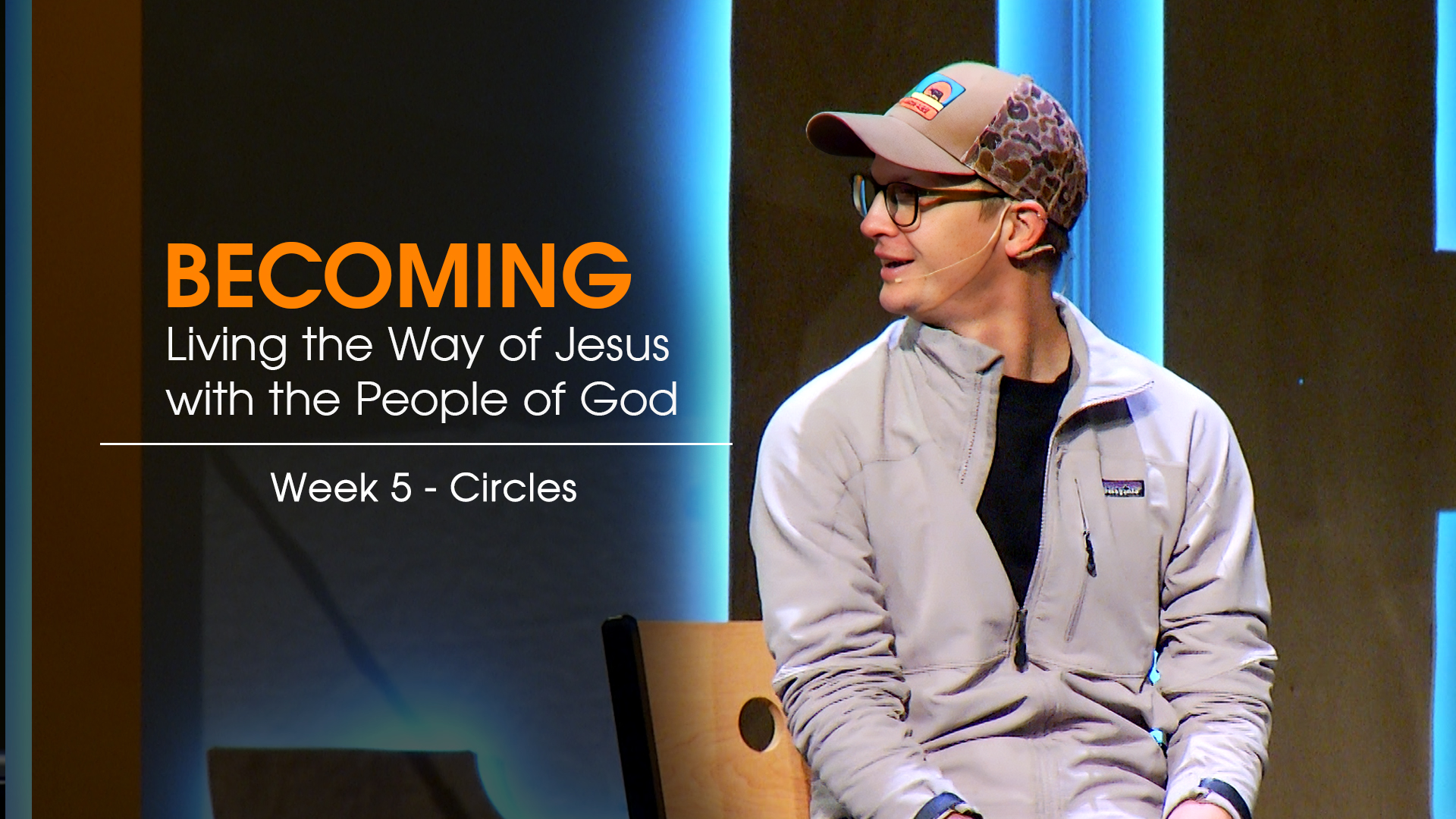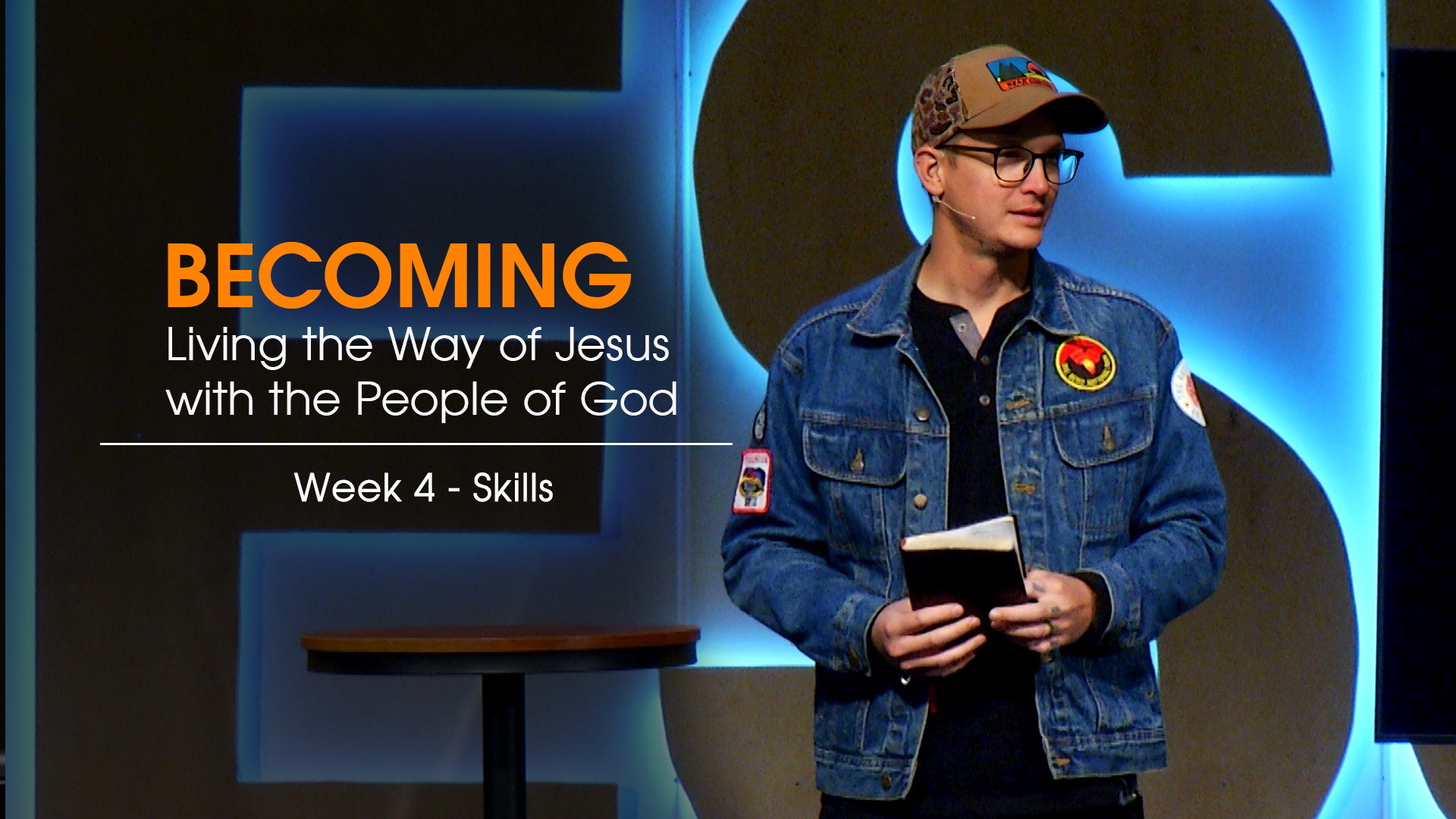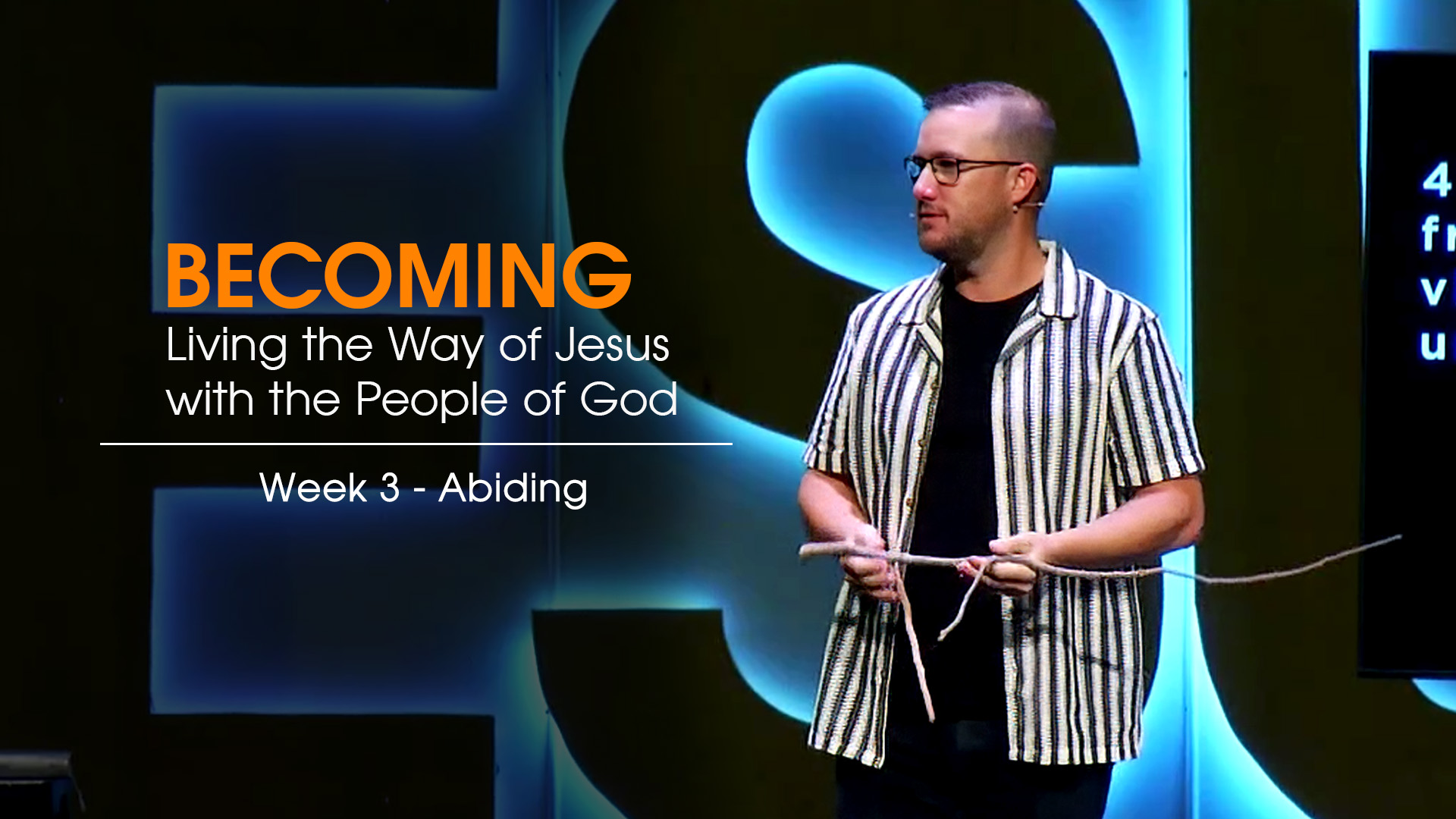Why did God ask for this peculiar act? He instructed Joshua to set up these stones as a memorial, a physical reminder of the miraculous crossing. God knew something fundamental about human nature: we have a tendency to forget the good things and dwell on the negative. This memorial would serve as a tangible reminder for generations to come, prompting children to ask, “What do these stones mean?” and allowing parents to recount the story of God’s faithfulness.
This divine understanding of our forgetful nature is a profound act of mercy. Instead of demanding that we simply remember His goodness, God provides us with physical reminders. He knows that in our moments of doubt, fear, or rebellion, we need concrete touchstones to ground us in the reality of His love and power.
In the New Testament, we see this concept carried forward in the sacraments of communion and baptism. These aren’t magical rituals, but powerful reminders of the transformative work of Christ in our lives. When we take communion, we’re not just going through the motions – we’re physically engaging with the reality that something happened, and everything has been different since then.
The bread and wine serve as tangible reminders of Christ’s body broken and blood shed for us. In those moments when we feel unworthy, when our failures loom large, or when obedience seems too difficult, communion brings us back to the central truth: we are loved beyond measure. It reminds us that if Jesus could give His life for us, we can trust Him with our careers, relationships, and finances.
Baptism, like a wedding ring, is a public declaration of our alignment with Christ. It’s a powerful symbol of our old life being buried with Christ and our new life rising with Him. When we witness a baptism or reflect on our own, we’re reminded that our sins are forgiven, our old life is gone, and we have been set free in Christ.
These sacraments are not about earning God’s favor or performing religious duties. They are about remembering the profound truth that something happened – Christ died and rose again – and everything is different because of it.
This truth has radical implications for how we view ourselves and others. It means that no matter what secrets we carry, what mistakes we’ve made, or how unworthy we feel, we belong in God’s family. The ground is level at the foot of the cross. Whether you’re a lifelong believer or someone who has never set foot in a church before, you are welcome because something happened that changed everything.
The heart of this message is the incredible love of God displayed in Christ. We all have sinned, separating ourselves from the source of life. The consequences of this separation are severe – death, both physical and spiritual. But God, in His infinite love, didn’t leave us in this state. He didn’t demand that we get our act together or berate us for our failures. Instead, He took on human form in Jesus Christ to pay the price we could never pay.
Jesus lived the perfect life we couldn’t live, faced the temptations we succumb to, and then voluntarily went to the cross to take our place. He lived the life we couldn’t, died the death we deserved, to give us a life we don’t deserve. This is the “something” that happened, and it changes everything.
This truth invites us to respond. If we truly believe that something so monumental occurred, how can we not be transformed by it? It calls us to trust Christ with our lives, to publicly declare our allegiance through baptism, and to regularly remember His sacrifice through communion.
But it’s not just about personal transformation. This truth should radically alter how we view and treat others. If Christ’s sacrifice is sufficient for us, it’s sufficient for everyone. This means that no one is beyond the reach of God’s love. The person you’re tempted to judge, the coworker who frustrates you, the family member who has hurt you – they are all candidates for this transformative love.
As we go about our daily lives, let’s create our own “stone memorials” – practices and reminders that help us remember the goodness of God even in difficult times. Maybe it’s a journal where we record answered prayers, a special place where we go to pray, or a piece of jewelry that reminds us of God’s faithfulness. These personal sacraments can serve as powerful reminders when our memories fail us.
In a world that often feels chaotic and unpredictable, we can anchor ourselves in this unchanging truth: something happened, and everything is different now. We are loved, we are forgiven, and we are called to extend that same love and forgiveness to others. Let’s live in the light of this transformative reality, allowing it to shape our actions, attitudes, and relationships each day.
